The blinding stage lights Cost Guide | LQE Ultimate Insights
- Understanding Blinding Stage Lights: What Searchers Want
- Why this guide matters
- Who is LQE and Why Trust This Guide
- LQE's credentials in LED stage lighting
- What Do We Mean by Blinding Stage Lights?
- Defining the term for purchasing decisions
- Core Cost Categories for Blinding Stage Lights
- Fixture purchase price
- Rental costs vs purchase
- Controls, accessories, and infrastructure
- Operational Costs: Power, Maintenance, and Lifespan
- Energy consumption and operating cost
- Maintenance, spare parts and expected lifetime
- Factors That Drive the Price of Blinding Stage Lights
- Optics and beam quality
- Light engine and color mixing
- Control features and effects
- Buying Strategy: How to Get the Best Value
- Match fixture type to the use case
- Volume purchasing and OEM options
- Warranty and service support
- Buy vs Rent: Decision Matrix
- When renting is better
- When buying is better
- Calculating Total Cost of Ownership (TCO)
- Simple TCO example
- Energy Efficiency and Environmental Considerations
- LED advantage
- Practical Buying Checklist for Blinding Stage Lights
- Key questions to ask suppliers
- LQE Solutions: Where We Fit In
- How LQE helps reduce your costs
- Conclusion: Balancing Impact and Budget
- Make decisions based on use cadence and ROI
Understanding Blinding Stage Lights: What Searchers Want
Why this guide matters
When people search for blinding stage lights they usually want practical answers: how much do high-impact stage lights cost, what affects price, whether to buy or rent, and how to budget for power, rigging, and maintenance. This article gives clear, vendor-level insights and realistic cost ranges to help production managers, venue owners, rental companies, and lighting designers make informed decisions.
Who is LQE and Why Trust This Guide
LQE's credentials in LED stage lighting
LQE was founded in 2008 and is headquartered in Foshan, China. We specialize in OEM/ODM of mid- and high-end digital LED stage lighting, with an about 10,000 m2 production base and an annual capacity of roughly 100,000 fixtures. Backed by more than 80 national patents, LQE designs moving heads, static lights, and control solutions for theatres, concerts, studios, religious venues, clubs, theme parks and more. Our long track record and manufacturing scale make this guide grounded in product-level realities and real-world pricing.
What Do We Mean by Blinding Stage Lights?
Defining the term for purchasing decisions
Blinding stage lights typically refers to high-intensity fixtures that produce strong beams, sharp cuts or dazzling effects — for example, beam/wash moving heads, spot moving heads (ellipsoidal/zoom), high-output PARs, and powerful LED strobes. They’re used to create visual impact, silhouette performers, or produce aerial effects. Key attributes include high lumen output, tight beam angles, zoom/focus capabilities, and fast pan/tilt movement.
Core Cost Categories for Blinding Stage Lights
Fixture purchase price
Fixture prices vary with technology, optics, and brand. Typical new-purchase ranges (USD) for LED-based high-output fixtures are:
- LED PARs / Wash lights: $80 – $900 (entry-level to professional)
- Moving head wash: $700 – $3,500
- Moving head spot/zoom (compact to pro): $1,200 – $6,000
- Moving head beam (high-intensity narrow beams): $1,500 – $8,000
- LED strobes and blinder panels: $200 – $2,500
These ranges reflect real-world street prices from major manufacturers and OEM suppliers. High Quality fixtures with advanced optics, laser-phosphor sources, or 4:1 zooms land at the higher end.
Rental costs vs purchase
Renting is common for one-off concerts or tours. Daily rental rates typically are:
- PAR/wash: $10 – $60 per day
- Moving head wash: $40 – $250 per day
- Moving head spot/beam: $80 – $600 per day
- High-output beam fixtures: $150 – $900 per day
Weekly and monthly rates scale favorably. For frequent use, buying often becomes more cost-effective after several rentals, once you factor in quality, control integration, and depreciation.
Controls, accessories, and infrastructure
Budget for consoles, dimming racks, power distro, trussing, rigging, and cabling. Typical costs:
- Professional lighting console: $2,000 – $40,000+
- DMX splitters and network gear: $150 – $1,500
- Truss sections and clamps (per show/rental): $50 – $500+
- Rigging and labor: variable, often 15–40% of production budget
These infrastructure costs are frequently overlooked but materially affect total project cost.
Operational Costs: Power, Maintenance, and Lifespan
Energy consumption and operating cost
LED blinding lights typically consume between 100W and 1,200W depending on fixture type. For example, a professional moving head beam might use 800W–1,200W. Assuming electricity cost of $0.12 per kWh (varies widely by region):
- 800W fixture running 6 hours: 0.8 kW × 6 h = 4.8 kWh → $0.58 per fixture per show
- Ten such fixtures per show: ~$5.80 per show in energy
Compared to legacy discharge sources (e.g., 1kW xenon/HMI), modern LED systems deliver comparable or higher apparent brightness at lower energy and heat loads, reducing HVAC and power-supply sizing costs.
Maintenance, spare parts and expected lifetime
LED sources commonly rate for 50,000–100,000 hours before reaching ~70% lumen output (L70). Moving parts (motors, encoders, gobos, fans) have shorter lifespans and may require maintenance every 2–5 years in heavy-use environments.
Planned maintenance budget: 5–10% of fixture purchase price per year is a reasonable baseline for rental companies. For example, a $3,000 moving head might expect $150–$300/year in parts and labor under regular use.
Factors That Drive the Price of Blinding Stage Lights
Optics and beam quality
High-quality optics and precise beam collimation increase manufacturing complexity and cost. Tight-beam moving heads with small beam angles and high center-beam lux require High Quality lenses, precise zoom mechanisms, and better thermal management.
Light engine and color mixing
Color fidelity (CRI/TLCI), pixel mapping, and multi-chip LED engines increase fixture cost. Fixtures with advanced color systems (tungsten emulation, high CRI) are more expensive but deliver better on-camera and live results.
Control features and effects
Integrated effects—gobos, prisms, continuous rotation, firmware features, and network control (sACN/Art-Net) — raise the price. Fixtures with onboard shows or wireless DMX also tend to cost more.
Buying Strategy: How to Get the Best Value
Match fixture type to the use case
Buying too much capability (and cost) for a simple application is common. If you need audience blinders and wide washes, invest in reliable blinder panels and washes rather than high-end spot moving heads. If touring or television use is required, prioritize fixtures with high pixel/control precision and good TLCI/CRI.
Volume purchasing and OEM options
Manufacturers like LQE support OEM/ODM and volume discounts. Buying in bulk or specifying a slightly simplified version of a pro fixture can reduce unit costs materially. For rental houses building inventory, unit cost drops significantly with orders of 50–200 fixtures.
Warranty and service support
Longer warranties and accessible spare parts reduce total cost of ownership. Check turnaround times for replacement parts and whether remote firmware updates are available — these both reduce downtime and repair costs.
Buy vs Rent: Decision Matrix
When renting is better
- One-off events or short tours
- Testing unfamiliar technologies before capital purchase
- Limited storage/maintenance capacity
When buying is better
- Frequent usage (many shows per year)
- Desire for consistent fixture behavior and look
- Ability to maintain inventory and perform light servicing
Calculating Total Cost of Ownership (TCO)
Simple TCO example
For a $3,000 moving head used 150 shows/year, with $0.60/show energy and $250/year maintenance:
- Initial investment: $3,000
- Energy per year: 150 × $0.60 = $90
- Maintenance per year: $250
- 5-year TCO (excluding financing): $3,000 + (5 × ($90 + $250)) = $3,000 + $1,700 = $4,700
Compare this to renting at $300/show for larger moving heads: 150 × $300 = $45,000 — buying clearly wins for heavy use.
Energy Efficiency and Environmental Considerations
LED advantage
LED fixtures produce less heat, reducing HVAC loads and improving on-stage comfort. Many venues are targeting lower carbon footprints; choosing efficient LED fixtures and smart power management helps meet sustainability goals and can reduce operating costs over time.
Practical Buying Checklist for Blinding Stage Lights
Key questions to ask suppliers
- What is the rated lumen output and beam angle at full zoom?
- What is the LED engine lifetime (L70) and warranty period?
- Are spare parts and service centers available in my region?
- What are actual measured power draw and cooling requirements?
- Does the fixture support professional network protocols (sACN/Art-Net)?
LQE Solutions: Where We Fit In
How LQE helps reduce your costs
LQE focuses on value-driven, high-quality LED stage lighting with strong OEM/ODM support. Our production scale allows competitive pricing without sacrificing engineering — enabling rental houses and venues to procure reliable moving heads and wash fixtures with solid warranties and spare part availability. If you need fixtures tailored to your market or a specific control ecosystem, LQE can collaborate on specification or provide stocked models ready for export.
Conclusion: Balancing Impact and Budget
Make decisions based on use cadence and ROI
Blinding stage lights can range from a few hundred dollars for simple LED wash fixtures to several thousand for professional beam moving heads. The sensible strategy is to balance visual requirements with show frequency, maintenance capabilities, and long-term TCO. For venues and rental companies that run many events, buying quality LED fixtures from a reliable OEM like LQE is usually the most cost-effective route. For occasional needs, renting high-end blinding fixtures remains practical and flexible.
If you’d like tailored pricing, configuration options, or a quote for bulk orders, LQE’s product and R&D team can provide specification sheets, measured photometric data, and spare-parts support to help you make a confident purchase.
Contact LQE — Established 2008 in Foshan, China. Production base ~10,000 m2, annual capacity ~100,000 fixtures, 80 national patents, specializing in mid-to-high-end LED stage lighting.
Note: Prices and electricity rates in this guide are indicative and depend on region, supplier deals, and specification choices. Always request measured photometric reports and a site-specific power plan before final budgeting.
Frequently Asked Questions
What does blinding stage lights mean and are they dangerous?Blinding stage lights are high-intensity fixtures used for strong visual impact. They are not inherently dangerous if used correctly; designers avoid pointing bright beams directly into audience eyes and follow safety and broadcast guidelines to prevent glare or eye discomfort.
How much does a professional moving head cost?Professional moving heads typically range from $1,200 to $8,000 depending on beam type, optical quality, and onboard features. High-output beam fixtures that create razor-sharp aerial shafts are at the upper end.
When should I rent instead of buy?Rent when you have occasional events, need niche technology for a short period, or lack storage/maintenance capacity. Buy when you run many shows per year or need consistent fixture behavior.
How long do LED fixtures last?LED engines commonly achieve 50,000–100,000 hours to L70. Mechanical parts and fans require more frequent maintenance, often every 2–5 years depending on use.
How much energy do these fixtures use?Small LED PARs can be 80–300W, while professional beam/moving heads often use 800–1,200W. Energy cost per show is usually modest per fixture, but aggregate consumption and HVAC impact should be considered for large rigs.
Do you offer OEM/ODM services for custom blinder fixtures?Yes. LQE provides OEM/ODM services, custom specifications, and production support for clients worldwide, leveraging our R&D and manufacturing capabilities.
How to Choose the floor stage lighting manufacturer and supplier in us?
Top led par can stage lights Manufacturers and Suppliers
The latest trends for mini moving head wash light | LQE Ultimate Insights
Troubleshooting Common Moving Head Light Problems
1000w
Does LQE Offer a Stage Light Design Solution?
LQE experienced team glad to supply a stage lighting configuration design solution or suggestion for projector who don’t have much experience in lighting design, project, theatre and studio.
What Is the Warranty Offered by LQE Lighting?
LQE lighting offers a comprehensive 1-year warranty and spare parts on its products, giving customers peace of mind and investment protection.
Distributor
What types of companies can become LQE distributors?
We welcome partnerships with companies that have experience in the entertainment, AV, lighting, or stage equipment industries. Whether you are a local reseller, importer, system integrator, or project contractor, we are open to exploring win-win cooperation.
What is your typical lead time for distributor orders?
Our standard production lead time is 15–30 working days depending on order volume and customization requirements. For stocked models or repeat orders, we can offer shorter delivery times.
What are the advantages of becoming an LQE distributor?
Access to high-performance, patented lighting products
Competitive factory pricing and excellent profit margin potential
Strong R&D capabilities with 80+ national patents
Reliable production capacity: 100,000 units annually
Dedicated account manager to support your growth
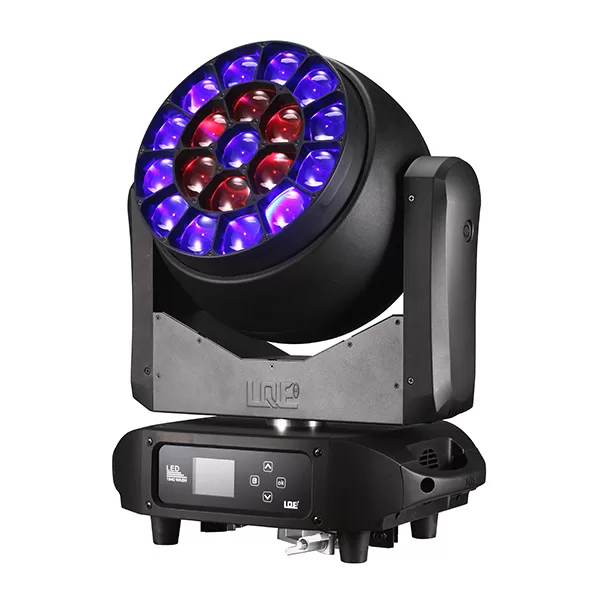
600w 19x40w RGBW Stage Moving Head Wash Light LW600 Zoom IP20
600W 19x40W LED RGBW Mulichips Moving Head Wash Lights with Zoom (5°–50°), Covering Large Range and Long Distance. IP20: Designed to deliver a 5°–50° ultra-large zoom range to achieve a greater wash effect, illuminating stages and events with stunning ring control lighting effects.
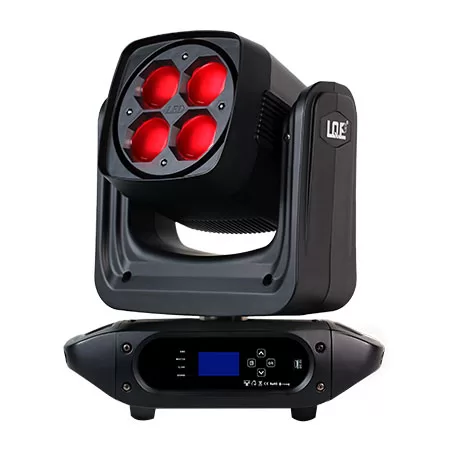
LED Moving Head Stage Wash Light LW200Z
The versatile moving head stage light provides a powerful lighting solution for theaters, concerts, and large outdoor performances. Suitable for theaters, TV stations, entertainment stages, and large outdoor performance scenes.
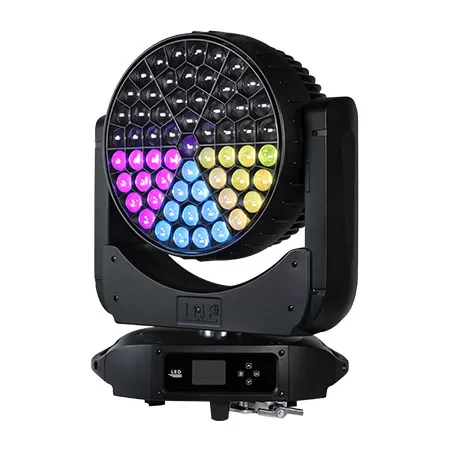
1000w 61x40w RGBW Stage Moving Head Wash Light LW1000
1000W 61x40W LED RGBW Mulichips Moving Head Wash Lights with Zoom (5°–50°), Covering Large Range and Long Distance. Designed to deliver a 5°–50° ultra-large zoom range to achieve a greater wash effect, illuminating stages and events with stunning lighting effects.
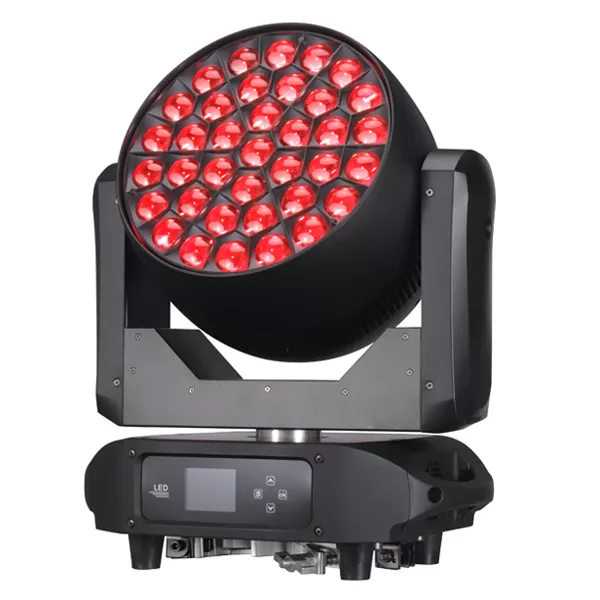
800w 37x40w RGBW Stage Moving Head Wash Light LW800
800W 37x40W LED RGBW Mulichips Moving Head Wash Lights with Zoom (5°-50°), Covering Large Range and Long Distance. Designed to deliver a 5°–50° ultra-large zoom range to achieve a greater wash effect, illuminating stages and events with stunning ring control lighting effects.

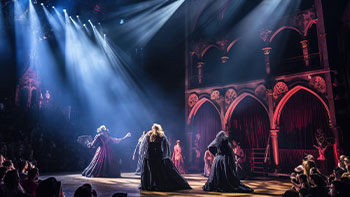
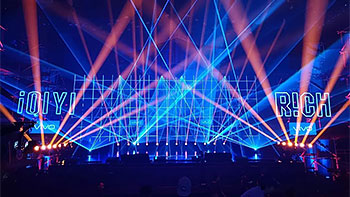
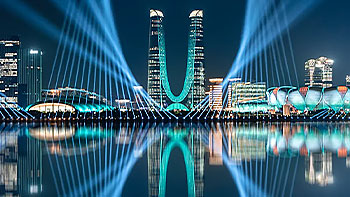
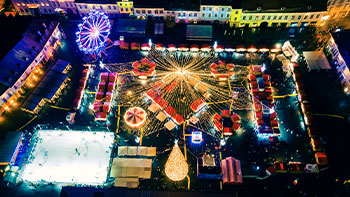
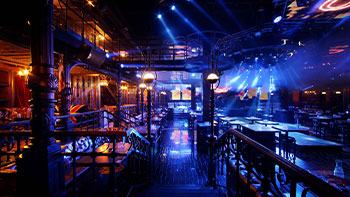
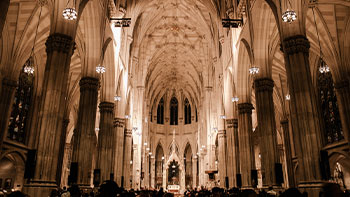






Linkedin
YouTube
Whatsapp: +8618924548390
TikTok